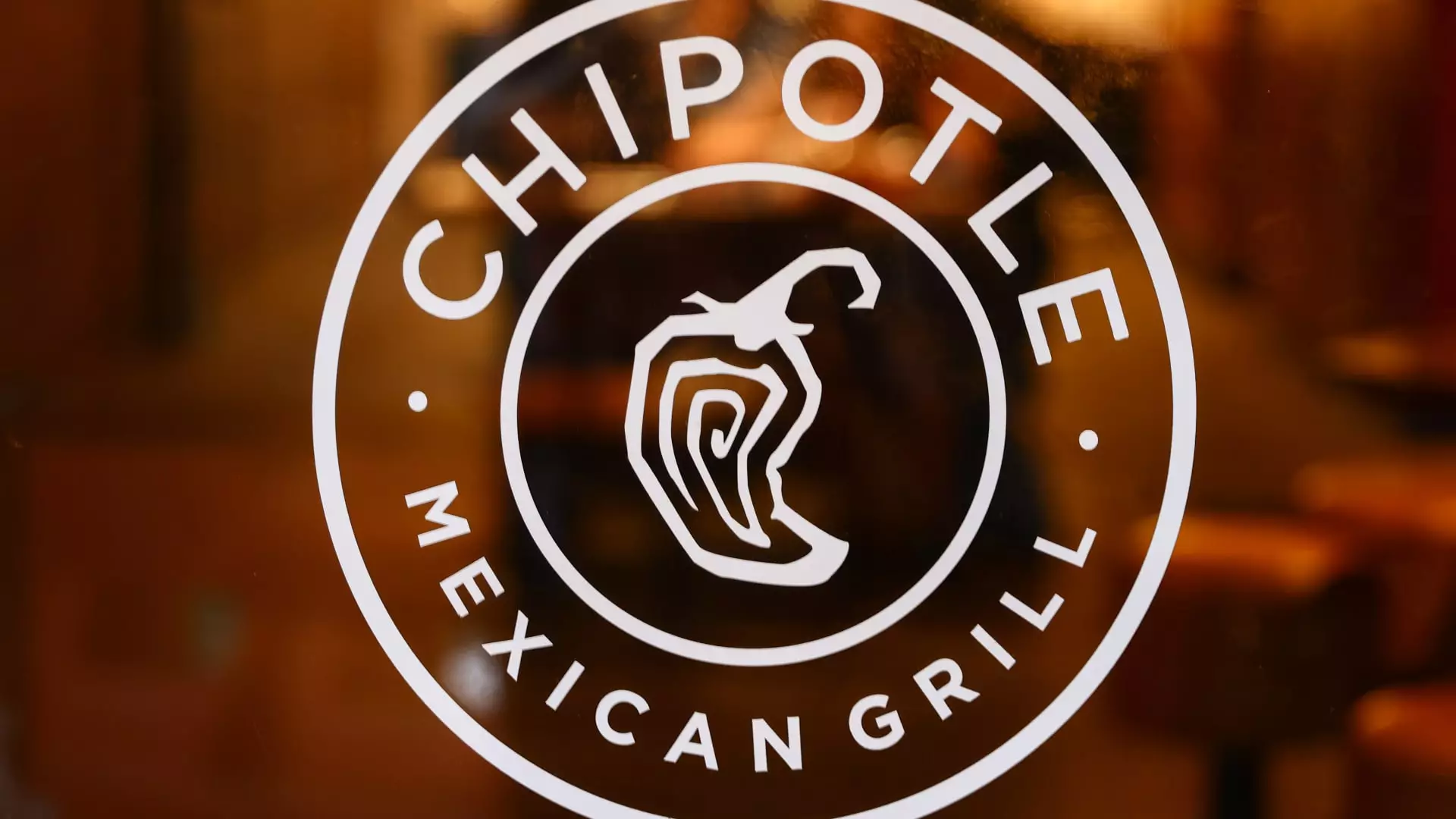Chipotle Mexican Grill’s bold move to open its first restaurant in Mexico in early 2026 appears optimistic, not just for the company, but also for the broader narrative surrounding U.S.-Mexico trade relations. As political tensions escalate, particularly under the looming shadow of tariffs and trade wars, it raises questions about whether this venture is a savvy business decision or a reckless gamble. The newly signed agreement with Alsea—a company already entrenched in the region’s fast-food landscape—suggests a level of confidence, yet reality could prove that this optimism is misplaced.
History is Not on Their Side
Consider the history of U.S. fast-food chains entering the Mexican market; it frequently ends in disappointment. Yum Brands’ Taco Bell has not one, but two failed attempts to establish a foothold in the very land that birthed tacos. So, why does Chipotle believe it has an edge? Its model of fresh, customizable food might resonate, but it risks being just another interpretation of a culture that is rich and varied. The challenge lies in conveying authenticity in a market saturated with genuine offerings that leave little room for misinterpreted perceptions of Mexican cuisine.
Ingredient Dependence: A Double-Edged Sword
Chipotle has often touted its commitment to fresh ingredients, with about half of its avocados still imported from Mexico. While the ability to source avocados locally offers an advantage, how sustainable is this approach when the political winds are unpredictable? The earlier imposition of a 25% tariff raised serious questions about supply chain stability. If Chipotle’s launch follows an economic downturn or strained diplomatic relations, reliance on these imported ingredients could be perilous, negatively impacting both costs and product offerings.
Consumer Backlash: A Risky Bet
The recent worship of fresh, clean, and responsibly sourced food has created a bubble of expectation among consumers. Chipotle assumes that the Mexican palate will embrace its food, yet Mexican consumers might be disenchanted with an American corporation’s version of their culinary heritage. This disconnect poses a genuine risk; if Chipotle cannot win over the locals, what will become of their ambitious expansion plans? Consumer backlash could be swift, especially if nationalistic sentiments rise, further complicating their prospects in a new territory.
The International Playground: Navigating Complications
The international market is not just a playground; it requires finesse and cultural sensitivity. Chipotle’s ventures in Canada, the UK, France, and the UAE show significant adaptability yet are met with varying degrees of success. But each region comes with its own unique set of challenges. The Mexican market represents a different complexity entirely—not only about food but also about socio-political dynamics. For a restaurant that has weathered its own internal crises—from food safety breaches to fluctuating customer trust—this expansion introduces boundless uncertainties.
Chipotle’s entry into Mexico stands as a testament to the highs and lows of corporate ambition intertwined with cultural appreciation. As they embark on this challenging journey, the road ahead may be more treacherous than they anticipate.

